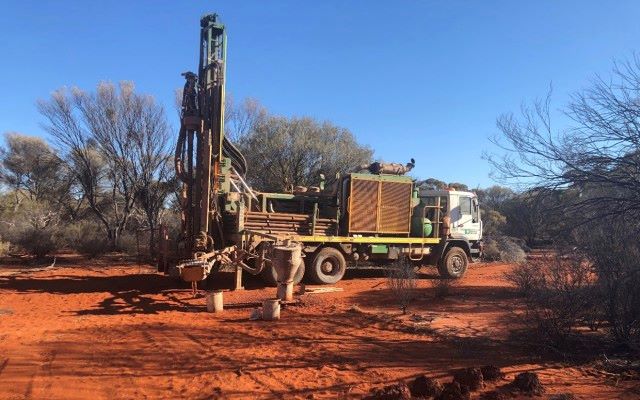
Team News Riveting
New Delhi, December 13
In order to boost the domestic supply of critical minerals such as lithium, the Central Government has amended the Mines and Minerals (Development and Regulation) Act, 1957 through the MMDR Amendment Act, 2023 with effect from 17.08.2023.
Through the said amendment, the Central Government has been empowered to exclusively auction mining lease and composite licence for 24 critical minerals listed in the new Part-D of the First Schedule to the said Act which includes lithium. The objective of the said amendment is to increase exploration and mining of critical minerals and ensure self-sufficiency in supply of critical minerals which are essential for the advancement of many sectors, including high-tech electronics, telecommunications, transport, and defence. They are also vital to power the transition to a low-emission economy, and the renewable technologies that will be required to meet the ‘Net Zero’ commitment of India by 2070.
The auction of critical and strategic minerals brings several key benefits, including bolstering domestic production, reducing import dependency, promoting sustainable resource management, attracting investments in the mining sector and the development of key industries crucial for India’s industrial and technological advancement. This is a step towards creating a reliable supply chain of these mineral and making an ‘AtmaNirbhar Bharat’ and contribute towards increased economic growth.
The Central Government has launched the first tranche of e-auction of 20 mineral blocks of critical and strategic minerals on 29.11.2023 which includes two blocks of lithium and associated minerals for grant of composite licence which on completion of G2 level of exploration followed by production aims to ensure steady supply of these minerals, thus reducing our reliance on imports and ensuring a more secure and resilient supply chain.
Besides auction of critical minerals by the Central Government, in order to further boost exploration of critical and deep-seated minerals, a new mineral concession namely, exploration licence has been introduced for 29 critical and deep-seated minerals. Critical and deep-seated minerals such as Cobalt, Lithium, Nickel, Gold, Silver, Copper are difficult to explore and mine as compared to surfacial or bulk minerals. The country is mostly dependent on imports of these minerals. The exploration licence granted through auction shall permit the licencee to undertake reconnaissance and prospecting operations for critical and deep-seated minerals mentioned in the newly inserted Seventh Schedule to the MMDR Act.
Exploration license aims to create an enabling mechanism wherein the Junior Mining Companies will bring in expertise from across the world in acquisition, processing and interpretation of exploration data and leverage the risk-taking ability in discovery of deep-seated mineral deposits through adoption of expertise and latest technologies.
This information was given by Union Minister of Coal, Mines and Parliamentary Affairs Pralhad Joshi in a written reply in Lok Sabha today.



